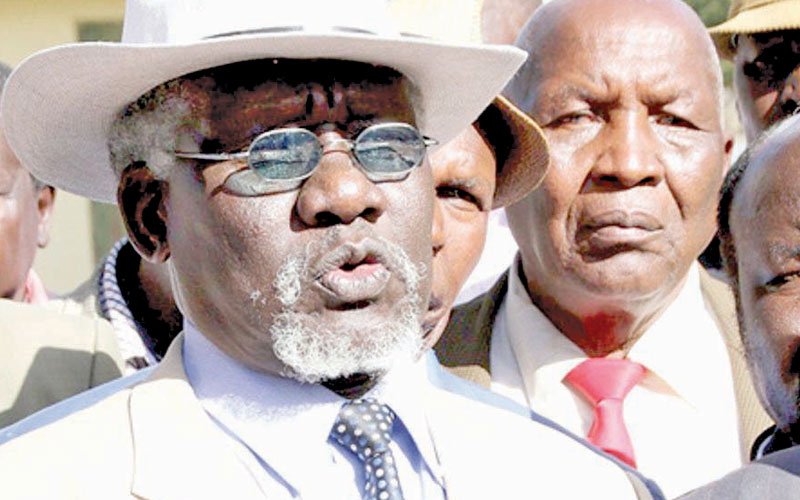Media should help moderate BBI report debate
By Victor Bwire, November 25, 2019President Uhuru Kenyatta and Opposition leader Raila Odinga are expected to receive the Building Bridges Initiative report tomorrow.
But there is a concern that the media and political pundits will, most likely, focus on sideshows and non-issues instead of discussions that will inform and educate the public to make sound decisions.
While the report is expected to raise the political temperatures as politicians either support or oppose its content, the media should pick out the substantive issues that would help promote peace and democracy, instead of dwelling on the negatives or sideshows.
Unlike in the past, where such reports have been ignored or used for short-term gains, will the BBI provide any meaningful lessons for Kenyans, away from the extreme political positions that will be taken by the politicians and their supporters?
Editorial discretion and sound professional judgement of the discussions and contents of the report devoid of personal biases are the least we can expect from the media.
Journalists should be wary of those who are hell-bent on using the BBI to engage irresponsible narratives in the name of freedom of expression.
A robust and fair discussion of the process, flaws and positives of the report will be more preferable to the beaten path of either accepting or reject it.
And this is the media’s greatest test: will it frame the BBI report as a “do or die” affair or a cure for the country’s problems?
If sobriety reigns, the initiative is a welcome process that will boost other past and ongoing efforts to resolve burning national issues such as inclusivity.
But judging from the pronouncements of politicians in the past few months, the media should be cautious and firm to ensure responsible coverage and use of their platforms to discuss the BBI report.
Loose canons must be held accountable and made to back the wild claims they make with solid facts. Media must also step up their research and fact-checking mechanisms to ensure lies are not peddled as facts and unsubstantiated claims allowed to go unchallenged.
Unfortunately, what is promising to be a robust debate is taking the usual ethnic or regional and party lines. It is also likely to create tensions among the three arms of government—the Executive, Judiciary and Legislature.
But the media must not allow themselves to be drawn into the ruckus.
That the country needs a political system that is more accommodative and sensitive to our diverse ethnic and address historical injustices that have plagued the country over the years, cannot be gainsaid.
There is also the need to strengthen parliamentary oversight over the Executive and the counties, especially on resource collection, allocation and use.
In this, the media should help Kenyans under the process by providing background and audit of the 2010 Constitution.
The draft Constitution of Kenya March 15, 2004 (commonly known as the Bomas Draft), Agenda Four items and other reports could be critical reference materials for media houses.
This will inform an enlightened, thorough discourse on the report set to be handed over Uhuru and Raila tomorrow.
Again, the media must play a vanguard role in educating the public on the presidential and parliamentary systems of government, an issue that is already drawing a divided opinion. — The writer is the programmes manager, Media Council of Kenya
More Articles

